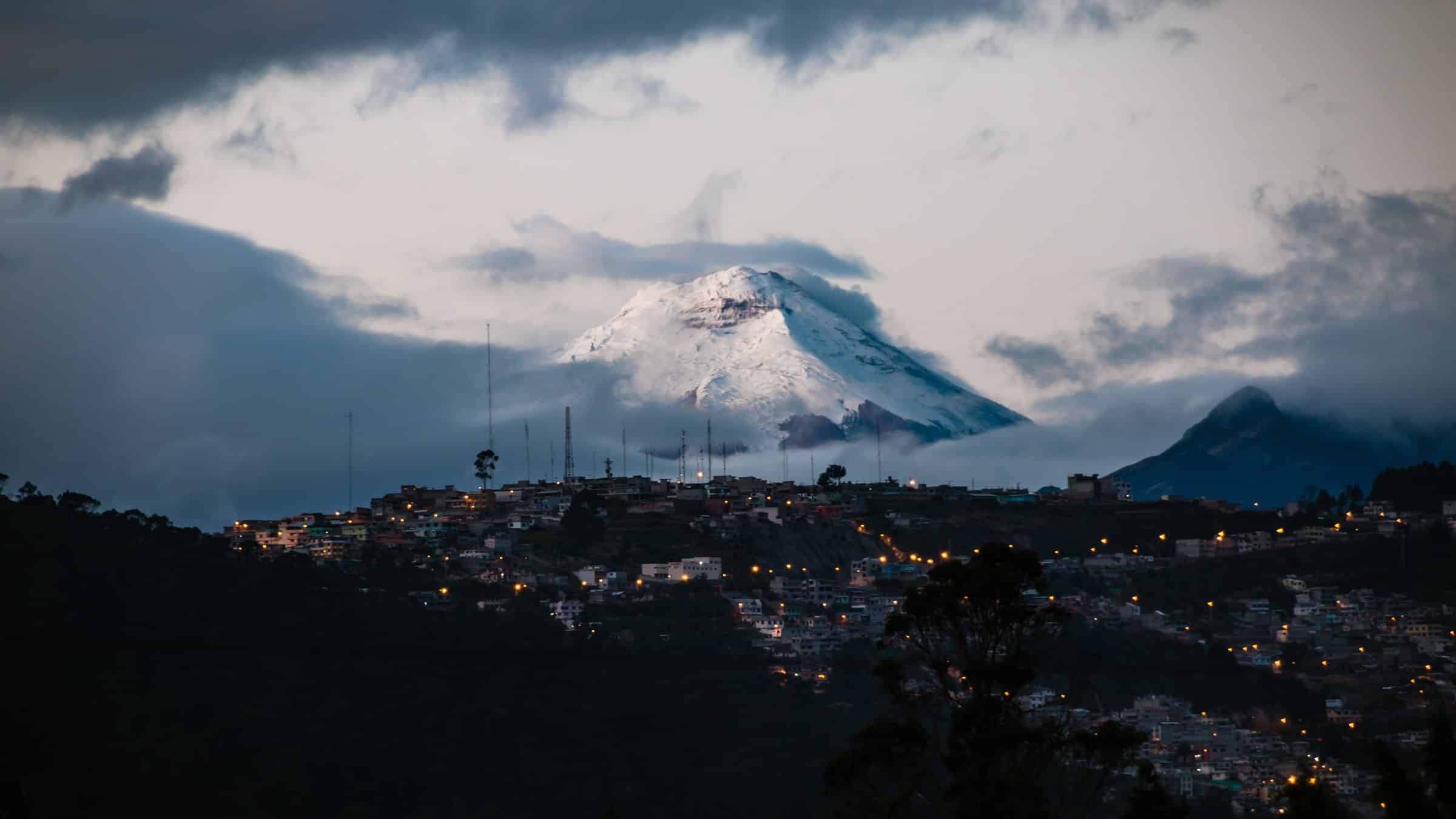The relevance of energy planning in the context of a green recovery post-COVID19 was highlighted and discussed at the 5th Regional Forum of Energy Planners of Latin America and the Caribbean on 24 November, 2020. The virtual event formed part of OLADE’s Energy Week and brought together 77 participants from 21 countries, as well as the related leading energy organisations.
Speakers included experts from UN ECLAC (CEPAL), GET.transform, Quantum, Energynautics, IADB, OLADE, IRENA, IEA, and leading authorities from El Salvador, Uruguay, and Brazil.
In view of energy’s vital role in unlocking sustainable development, the experts discussed impacts of the pandemic on the level of social inequality and poverty in the region. Already today, 75 million people do not have access to clean cooking methods and 18 million do not have access to electricity. As a result of the pandemic, more people are in danger of losing their jobs, leading to increased hardships and difficulties to pay for basic services. Sustainable energy planning is key to meet long-term national objectives of transitioning to clean, renewable sources, but with an integrative vision that will generate millions of new jobs and economic stability for the region’s inhabitants.
Here, a regional energy mapping study led by GET.transform will provide a valuable tool to improve the regional understanding of energy planning in high-impact countries. The work also identifies best practices, challenges and opportunities in the energy transformation process. Capacity markets were highlighted as a good practice to replicate throughout the region. Currently present in half of the studied countries, they offer an effective way to recover CAPEX while guaranteeing available capacity. The completed study with an in-depth analysis of 40 key concepts is scheduled to be launched early next year.
Further support for successful long-term energy planning was announced by IRENA. Together with UN ECLAC and GET.transform, IRENA will offer a series of virtual seminars on Long-Term Energy Scenarios (LTES) for a clean energy transition. Beginning January 2021, the series will focus on how countries developing LT energy scenarios need to navigate the energy transition, including capacity building for government, academia, and other institutions.
Following the results of polling during the event, future expert exchanges and studies in this Energy Planners Forum will be dedicated to transformational topics like the implications of electromobility, renewable energies, and the socio-economic role of energy planning in the region.
Find additional details on the UN ECLAC website (in Spanish): cepal.org


